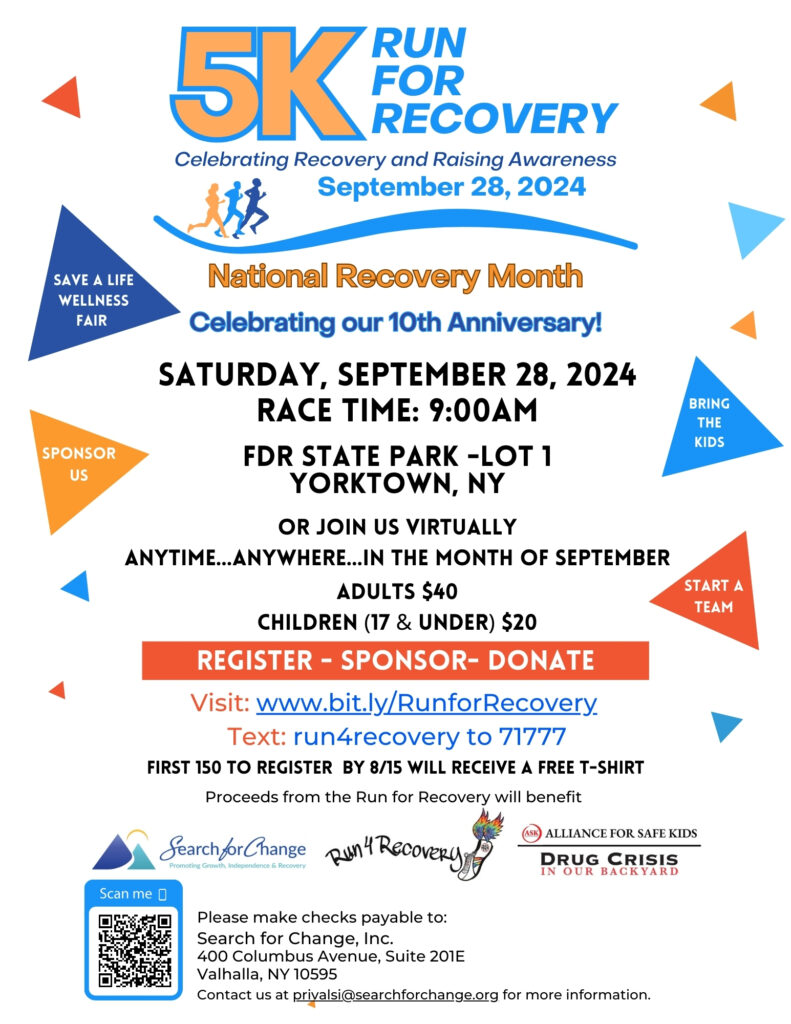For many children and young people, summer is one of the most anticipated times of the year. School is out and schedules are much more free and open. However, this unstructured time isn’t always easy, and may be especially challenging this summer.
Over the past few years, symptoms of mental health concerns among young people rose precipitously, with the U.S. Surgeon General describing the state of children’s mental health as an “urgent public health crisis”, leading to a series of published recommendations for systematic change.
The bond between friends during the turbulent tween and teen years is critical. Friendship has many benefits not only for a child’s mental and physical health, but also for their development. During adolescence, children’s friends and peers provide emotional and informational support and help them solve problems and work through issues. Having a network of friends has also been linked to:
- Fewer symptoms of anxiety and depression
- Greater life satisfaction
- Fewer behavioral problems
- Better academic outcomes
As they mature, children’s teenage friendships have been shown to provide ongoing benefits. In one long-term study published in Child Development, researchers found that children who had strong relationships as teens reported less depression and anxiety, and higher levels of self-worth, well into their adult lives.
One of the best ways to encourage children to socialize and engage with others is to participate in fun activities during the summer months. This allows them to make new friends who may have similar interests, or connect on a deeper level with existing friends or peers from their school group.
Some of the best summer activities can also help children decompress from a stressful school year, which can help improve troubling mental health symptoms, including:
- Withdrawal from social activities
- Irritability
- Difficulty sleeping
- Difficulty concentrating
- Changes in mood or personality
- Persistent sadness
Children may need some encouragement to step outside of their comfort zone and get more engaged in a world that may still feel overwhelming. You should be ready to listen to their concerns and work with them to find activities that feel both fun and safe.
It’s also likely that a child’s activities will vary depending on their current hobbies and interests. They should be encouraged to indulge in activities they enjoy while making an effort to try new things.

Here are some ideas of fun and engaging activities tweens and teens can try this summer:
- Host friends for an outdoor hangout. If kids miss their school friends who don’t live nearby, encourage them to host a hangout. Encourage them to think of fun activities they can do like making s’mores, playing sports, or doing crafts.
- Journal. If children are encouraged to make a habit of journaling regularly, it can help them become more adept at recognizing and regulating their own emotions. This also helps reduce stress, anxiety and depression. Children don’t need to spend a lot of time on this to reap the benefits — even 10 to 15 minutes a day can help them start a positive habit that will last for the rest of their life.
- Write a story. If the child is a budding storyteller, encourage them to take the long, hot days of summer to write creatively. With no homework, their brains are free from the order and structure of school, which may make it easier to fashion a story of their own making.
- Take a hike. Depending on the child’s age, you could encourage them to hike with friends or make it a family outing. This is an excellent opportunity for them to spend time in nature, get some physical exercise, and explore your area. This physical activity and time outdoors has huge benefits for their mental health as they are separated from screens and given more opportunities to bond with family and friends.
- Create a list of movies they want to see. Too much screen time isn’t good for children, but having access to movies on demand can create meaningful opportunities for connection. Encourage any child in your care to make a list of movies they want to watch, then ask them to share it with their parents and family so they can watch them together.
- Join a summer reading club. Summer learning loss (a backsliding in academic achievement) is a real problem for many children. Encourage children to stay engaged in reading by joining a summer reading or book club. Local libraries are a great place to start, but you can find some other options here.
- Learn a new skill with family or friends. Another way to help children keep their brains engaged and active during the summer is by learning a new skill. Whether their interests are technology, sports, crafting, or educational, there are many options available for online tutorials. To help them keep connections with friends and family strong, encourage them to find a partner and learn with others.
- Teach them how to cook their favorite food. If your teen has a favorite dish they love, encourage them to stretch their muscles in the kitchen by learning how to make it themselves. This is an excellent opportunity for them to gain some essential kitchen knowledge, which can help them make better food choices in the future as well as feel more self-reliant.
- Plant a garden. Encourage kids to train their green thumb by planting their own garden. They can either go with you to purchase plants from a nursery or start from seeds or scraps they find in the kitchen. Some plants that are easy to re-grow from kitchen cuttings include celery, scallions, onions, lettuce, and potatoes. Being outdoors has been shown to help reduce stress and boost mood.
Not to be forgotten are those rainy days when kids are stuck in the house. To help them avoid too much screen time, which has been proven to have a negative impact on an adolescent’s mental health, here are some great ideas to keep them busy.
Whether they love to play sports or are more comfortable tucked into a hammock with a book, we should all be encouraging children to spend more time outdoors and with friends and family, rather than whiling away their day inside staring at a screen. Spending more time with friends, being active, and breathing in the fresh air are all great for our children’s mental health.
Source: Office Practicum
Facts About Fentanyl
Teen Fentanyl Use: How the Fentanyl Epidemic Is Impacting Teens
More than 130 people a day die from opioid-related drug overdoses, according to the US Department of Health & Human Services. And now, new studies show that a record number of teens are also accessing fentanyl. As a result, the rate of teen overdose deaths has increased. Learn more about teen fentanyl use and how to talk to a teen about substance use.
Key Takeaways:
- Fatal opioid overdoses among adolescents ages 12 to 17 have doubled since 2020.
- As a result, drug overdose, usually involving fentanyl, is now the third leading cause of death for children and adolescents.
- Teens are purchasing fentanyl at school, online, via social media, and through friend groups.
- Talking to your teen about drug use and treatment could be a life-saving conversation.
Volunteer Opportunities
There are a variety of volunteer opportunities at awesome nonprofits throughout Westchester and Putnam Counties. To view these opportunities, please check out Volunteer New York!
John C. Hart Memorial Library in Shrub Oak can always use some volunteers! To find out about their Teen Volunteer Program, click here.
Yorktown Leos Club
Leadership, Experience, Opportunity! The Yorktown Leos are a community service club for people ages 12-25 willing to help others in the community. They host and participate in a variety of fun and collaborative events. The Yorktown Leos Club has been helping the Yorktown community for over 25 years and to learn how to get involved, click here.

Weekly Spotlight Family Support Groups
From our partners at Drug Crisis in Our Backyard, weekly Spotlight Family Support Groups, held virtually every Tuesday and Wednesday via Zoom. Spotlight on Recovery is a Family Educational and Support Group for families struggling with a loved one misusing substances. For more information, click here.
July 11 and 25 – Yoga for Resilience
Do you have a loved one struggling with addiction? Are you feeling overwhelmed? Carve out time for yourself so you may respond to your loved one with a clear mind and an open heart. Join us on Zoom and we will come together in a safe space to practice somatic mindfulness, grounding and centering, containment and breath regulation. For more information, click here.
July 18 – Virtual Naloxone Training
Naloxone is a prescription medicine that reverses an overdose by blocking heroin or other opioids in the nervous system for 30-90 minutes. Naloxone is administered by injection or intranasal. Following training, participants receive a kit by mail. Presented by our partners at Drug Crisis in Our Backyard. Register by email: ssal@drugcrisisinourbackyard.com
Upcoming Events
July 3 – Creating a Low-Stress Environment and Minimizing Crises
Learn strategies to create and maintain a low-stress environment, identify & respond to ‘red flags’, and how to communicate in times of crisis. Register here.
July 15 – Using Mindfulness to Manage Big Emotions & Improve Relationships
Learn how mindfulness influences the brain, strategies to help kids understand & accept their emotions, and techniques to practice at home. Register here.
July 24 – Understanding Oppositional Defiant Disorder
It’s not unusual for children and teenagers to be defiant, and to question authority on occasion. Learn how disordered behavior is distinguished from typical child development. Register here.
July 29 – Meditation & Guided Imagery for Kids & Teenagers
Learn methods for teaching meditation to children, integrating meditation into the home routine, and establishing a space for family meditation. Register here.
August 6 – National Night Out
Join ASK at the Yorktown Police Department’s National Night Out. This wonderful community event will be held at the Jack DeVito Veterans’ Memorial Track and Field, 6pm – 9pm.

